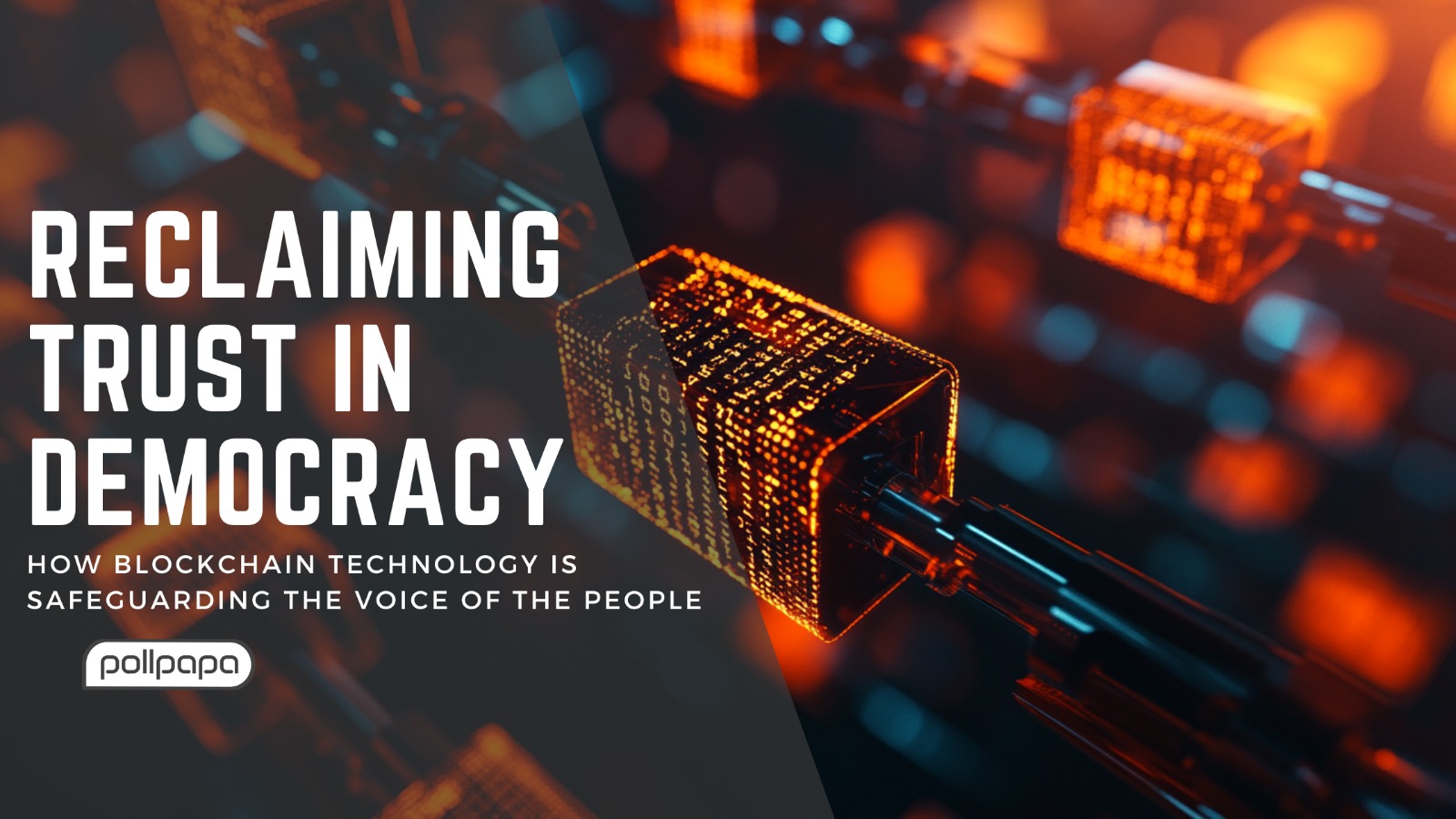In an era where the very foundations of democracy are being questioned, it’s important to look at the factors that have contributed to the erosion of public trust in democratic systems. An earlier article titled “Democracies and Manipulation of Public Opinion” explored the various ways that democratic processes are undermined—disinformation campaigns, voter suppression, gerrymandering, and censorship, all of which distort the public’s ability to make informed choices and weaken the democratic process. The manipulation of public opinion is not a new phenomenon, but its scale and effectiveness have escalated in the digital age, leaving citizens more distrustful than ever.
Trust is essential for any functioning democracy. Without it, the system collapses. This point was further explored in the article “Interpersonal Trust and Polling,” which highlighted that polling, at its core, relies on people’s willingness to share their perspectives and beliefs openly. The erosion of interpersonal trust in American society has meant that polling is less effective, and by extension, democratic processes are weakened. People are more hesitant to participate, fearing their voices will be ignored or manipulated. This erosion of trust extends beyond polling—it permeates the entire electoral system, making it ripe for exploitation by bad actors.
With these challenges in mind, it’s clear that no democratic system can function without community and trust. Trust is the bedrock of any system—whether it’s trust in institutions, in fellow citizens, or in the processes themselves. Without it, democracy turns into a hollow exercise, where votes are cast but not believed, opinions are gathered but not heard, and citizens feel increasingly alienated from their own governance.
This is where blockchain technology offers a potential solution
to one of democracy’s most significant problems: the erosion of trust. Blockchain, a decentralized and tamper-proof digital ledger, is uniquely positioned to safeguard democratic processes by ensuring transparency, security, and accountability. Here’s how it can help reclaim trust in democracy:
1. Transparency and Immutable Records
Blockchain technology ensures that every transaction or vote is recorded on an immutable ledger. This means that once a vote is cast, it cannot be altered or tampered with. In a democracy plagued by voter suppression and gerrymandering, this level of transparency can restore confidence in the integrity of elections. Citizens would know that their votes are secure and accurately counted, reducing skepticism about election outcomes.
2. Disinformation Resistance
One of the key points discussed in “Democracies and Manipulation of Public Opinion” was how disinformation campaigns distort public understanding and participation. Blockchain technology could counter this by verifying the authenticity of information, ensuring that only trusted sources contribute to public discourse. By establishing a decentralized, peer-reviewed system, blockchain could help prevent the spread of disinformation, ensuring that voters base their decisions on facts rather than manipulations.
3. Increased Voter Participation
A blockchain-based voting system could encourage broader voter participation by allowing secure, remote voting. Many potential voters are deterred by the inconvenience or perceived risk of voting in person. By offering a secure, transparent system that can be accessed digitally, blockchain could make voting easier and more accessible, while also maintaining the integrity of the election.
4. Rebuilding Trust in Polling
Polling has historically been a cornerstone of democratic decision-making, but as highlighted in “Interpersonal Trust and Polling,” its effectiveness depends on the trust and openness of participants. Blockchain could revolutionize polling by ensuring that responses are anonymous, secure, and verifiable. This would encourage more people to participate openly, knowing their responses are protected from tampering or misuse.
5. Community Accountability
Blockchain is inherently decentralized, meaning it depends on the collective participation of its users to function. In this way, it mirrors democracy itself—no system is possible without the community’s involvement and trust in that system. Blockchain’s distributed nature ensures that no single entity holds disproportionate power, making it more difficult for any one group to manipulate the process. This could help restore faith in democratic systems by ensuring that power remains in the hands of the people.
The Path Forward
While blockchain is not a silver bullet, it offers a powerful tool for addressing some of the most pressing challenges facing democracy today. By ensuring transparency, enhancing security, and restoring trust, blockchain can help safeguard the voice of the people and rejuvenate democratic processes.
In a time when trust in institutions is at an all-time low, solutions like PollPapa app which uses blockchain offer hope for a more transparent and accountable future. Democracy, after all, thrives when its citizens believe in the system, trust each other, and participate fully. Blockchain could be the key to making that belief a reality again.






